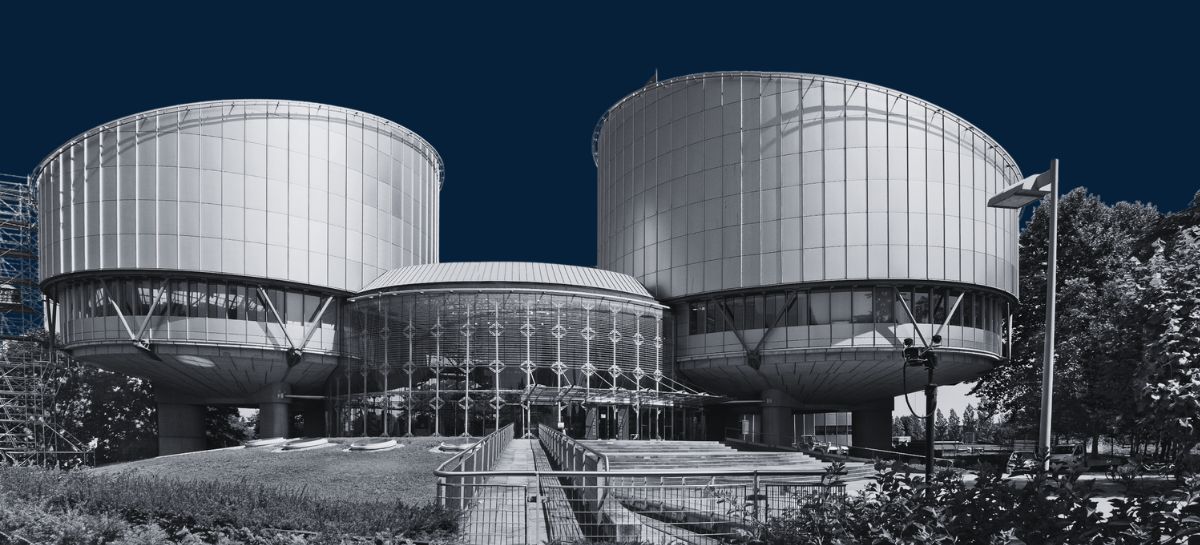
By Andrew Tettenborn
Depressingly few people care about the right to free speech these days. Pressure groups, ranging from uncompromising Islamists through trans activists to Palestinian hardliners, relentlessly demand more and more curbs on our right to say what offends them; experts clamour for the right to censor what we see to save us from what they see as disinformation.
Meanwhile the government, and the police, find this to be just fine. They are only too content to go for the quiet life, give in to demands of this kind and quietly back them with the force of the state. Intellectuals, for their part, are little better. For most of them it’s enough to say, with a shrug, that there’s nothing special about speech, that bad speech causes all sorts of harms and that it’s quite all right to suppress it on that account.
All this means that, having once been a country with a proud indigenous tradition of protecting our right to speak our mind come what may, we now rather shamingly have to import our safeguards from abroad. Notably, this means a disproportionate reliance on Article 10 of the European Convention on Human Rights, which protects free speech.
Unfortunately, as academic Natalie Alkiviadou makes clear in her excellent book Hate Speech and the European Court of Human Rights, this European-style guarantee seriously short-changes us. As she points out with impeccable logic, this is at least partly because of the workings of the ECHR exception for hate speech.
It’s not so much that this exists but rather that the European Court of Human Rights in Strasbourg has so expanded and distended the exception that it now waves through with much too little scrutiny a vast number of speech restrictions imposed by governments who have pressure groups to placate and mavericks to silence.
Read MoreNatalie Alkiviadou is a Senior Research Fellow at The Future of Free Speech. Her research interests lie in the freedom of expression, the far-right, hate speech, hate crime, and non-discrimination.

